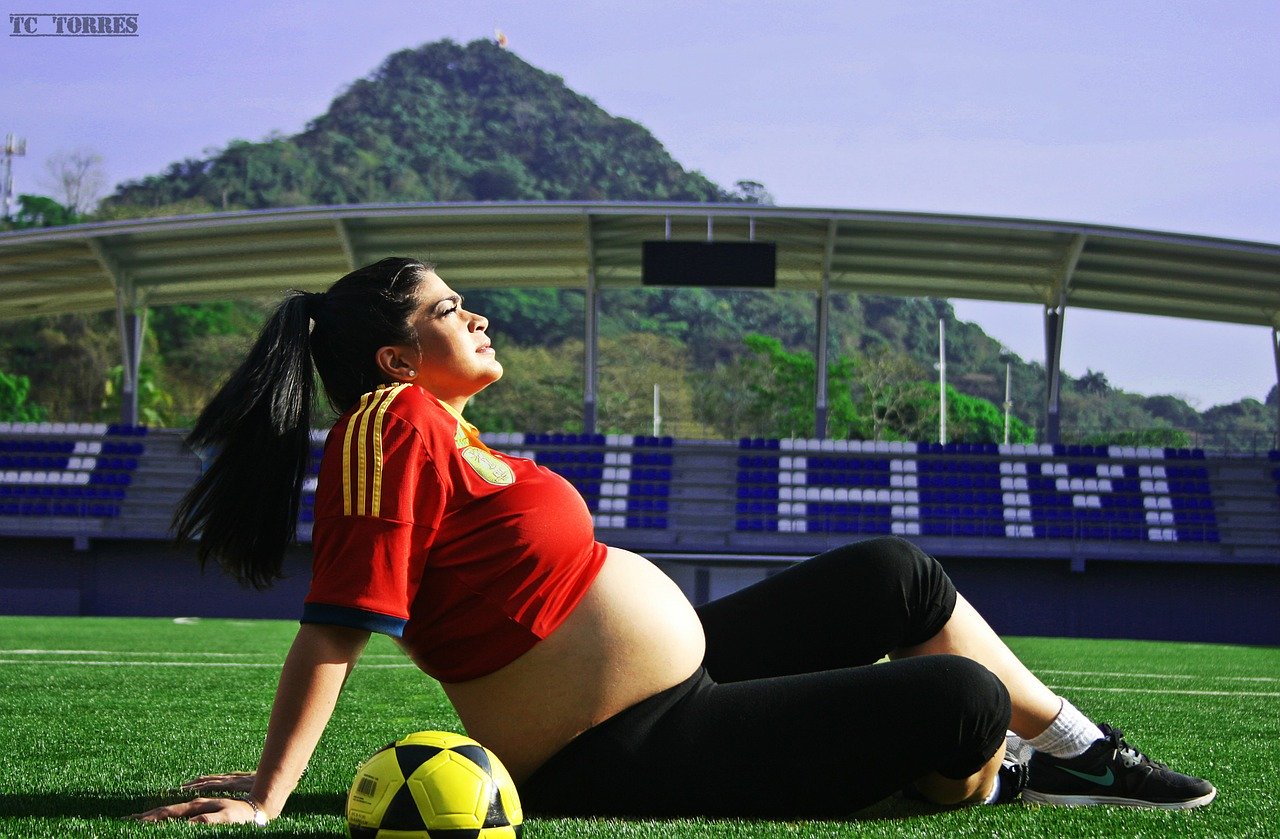In November 2019 researchers from Greece published their review on the role of fatty acids and carnitine during pregnancy and breastfeeding. The researchers stated that carnitine had a part to … Read more
A vegetarian diet appears to be related to an orthorexic eating behaviour but further research is required to determine if following a vegetarian diet is a risk factor for the condition
In November 2019 researchers from Poland published their review of the medical scientific literature on the relationship between a vegetarian diet and an orthorexic eating disorder. Orthorexia or orthorexia nervosa … Read more
Athletes consuming a vegetarian diet may need to increase their protein intake to reach the recommended protein intake of 1.2 g/kg/day
In December 2019 researchers from the USA published the results of their study to assess the dietary protein quality in athletes who are consuming either a vegetarian or non-vegetarian diet. … Read more
Consuming a vegetarian diet during pregnancy does not adversely affect the child’s neurocognitive development as long as the maternal levels of the nutrients required for neurological development are kept within the normal range
In December 2019 researchers from the UK published the results of their study to assess whether vegetarianism during pregnancy is associated with altered maternal nutritional status and with cognitive function … Read more
A higher fruit and vegetable consumption may involve a higher organophosphate pesticide ingestion
In December 2019 researchers from Spain published the results of their study which assessed the amount of organophosphate pesticides found in the urine of pregnant women. A total of 157 … Read more
Although consuming a vegetarian diet at any age is not necessarily unsafe, the Committee on Nutrition and Breastfeeding of the Spanish Paediatric Association recommend that infants and young children should follow an omnivorous diet or, at least, an ovo-lacto-vegetarian diet
In December 2019 the Committee on Nutrition and Breastfeeding of the Spanish Paediatric Association published their position paper on vegetarian diets in infants and children. There is little information on … Read more
A greater adherence to the Dietary Approaches to Stop Hypertension, Alternative Mediterranean or Alternative Healthy Eating Index-2010 diets appear to reduce the risk of colorectal cancer risk, especially in men
In November 2018 researchers from the USA published the results of their study to assess the association between various diets and colorectal cancer. A total of 78,012 women and 46,695 … Read more
The MIND diet, developed for brain health, may be a associated with a decreased risk and slower progression of Parkinson’s disease in older adults
In October 2018 researchers from the USA published the results of their study to assess the effect of the MIND diet on the incidence and progression of Parkinson’s disease in … Read more
Exposure to fast food restaurants does not appear to be associated with diet quality and blood pressure levels, although there may be a slight association in those individuals with a low level of self-control
In December 2019 researchers from The Netherlands published the results of their study to assess the association between the density of local fast-food restaurants, diet quality and blood pressure levels. … Read more
Probiotics may be effective in children with infantile colic, irritable bowel syndrome, necrotizing enterocolitis, food allergy, and nonalcoholic fatty liver disease
In October 2019 researchers from Italy published their review on the effectiveness of probiotics in many common diseases in children. There is increasing evidence that probiotics may be of benefit … Read more
Foods high in dietary fibre and low in FODMAP (fermentable oligosaccharides, disaccharides, monosaccharaides, and polyols) provide relief from some of the gastrointestinal symptoms experienced with irritable bowel syndrome and constipation
In May 2019 researchers from Japan published their review on how specific foods can reduce symptoms of irritable bowel syndrome and constipation. Individuals with irritable bowel syndrome, or IBS as … Read more
Lactobacillus reuteri appears to be effective in treating colic in breastfed infants
In September 2019 researchers from Croatia published their review on the role of probiotics in the treatment of the most common gastrointestinal disorders, ie infantile colic, constipation, functional abdominal pain … Read more
Lactobacillus rhamnosus GG, may reduce abdominal pain in children with irritable bowel syndrome
In September 2019 researchers from Canada published their review of the medical scientific literature to assess the effect of probiotics on the use in children with abdominal pain disorders. A … Read more
Sunscreens prevent sunburn but at the same time allow statistically significant increases in vitamin D levels, with the increase in vitamin D being higher with the use of high UVA protection sunscreens than low UVA protection sunscreens
In May 2019 researchers from the UK, Poland and Denmark published the results of their study to assess the impact of sunscreens on vitamin D levels. Sunlight contains both UVA … Read more
Mexican women with vitamin D deficiency appear to have a higher incidence of cardiovascular risk factors
In May 2019 researchers from Mexico published the results of their study to assess whether cardiovascular risk factors and heart attacks are associated with vitamin D deficiency in Mexican women … Read more
Women who have undergone a hysterectomy may reduce their risk of stroke if they also take calcium and vitamin D supplementation in addition to their HRT
In May 2019 researchers from the USA published the results of their study to assess whether calcium and vitamin D supplementation changes the effect of menopausal hormone replacement therapy (HRT) … Read more
Micronutrient fortification of dairy products and cereal food only appears to have marginal health effects in children and adolescents
In January 2019 researchers from Switzerland published their review of the medical scientific literature to assess whether fortified dairy products and cereal food had a positive impact on the health … Read more
Outdoor activity reduces the risk of childhood near/short sightedness
In May 2019 researchers from the USA published their review on the cause of near/short sightedness in childhood. Today’s popular press is filled with reports of children’s digital device use … Read more
Children living in Singapore are exposed to significantly less daily outdoor light than Australian children, which may be a factor in the higher incidence of near/short sightedness in Singapore
In May 2018 researchers from Australia and Singapore published the results of their study to assess patterns of daily light exposure in similarly aged children. It is known that the … Read more
Parental near/short sightedness, age when a child starts to wear glasses, and more time spent on reading and close work and less on outdoor activities in childhood appear to be associated with a high degree of near/short sightedness
In August 2019 researchers from Finland published the results of their study to assess the risk factors for near/short sightedness. A total of 240 schoolchildren (119 boys, 121 girls; average … Read more




















